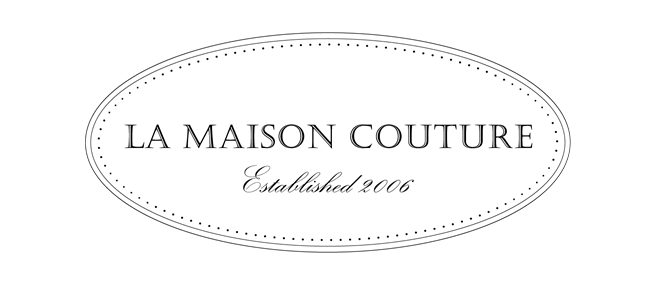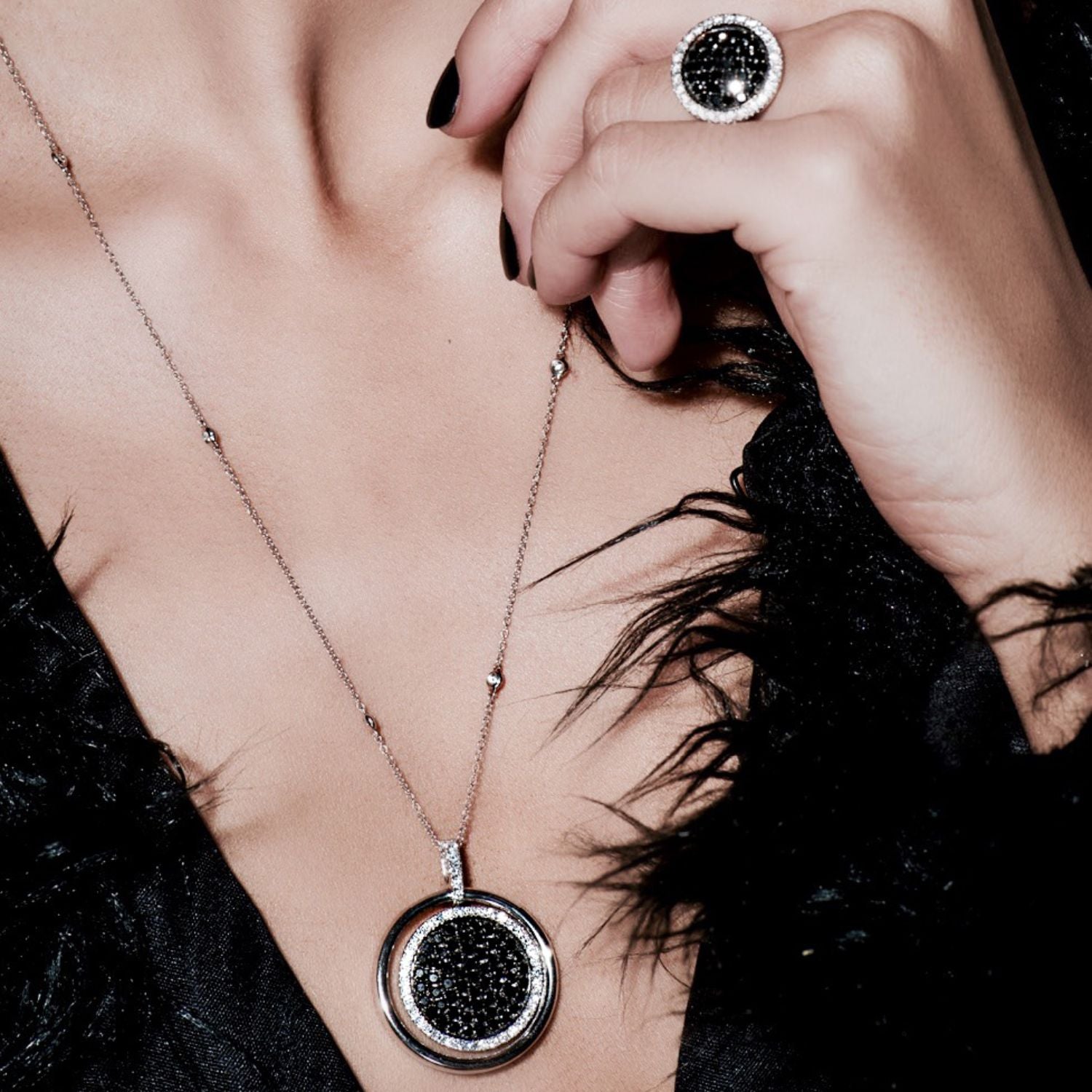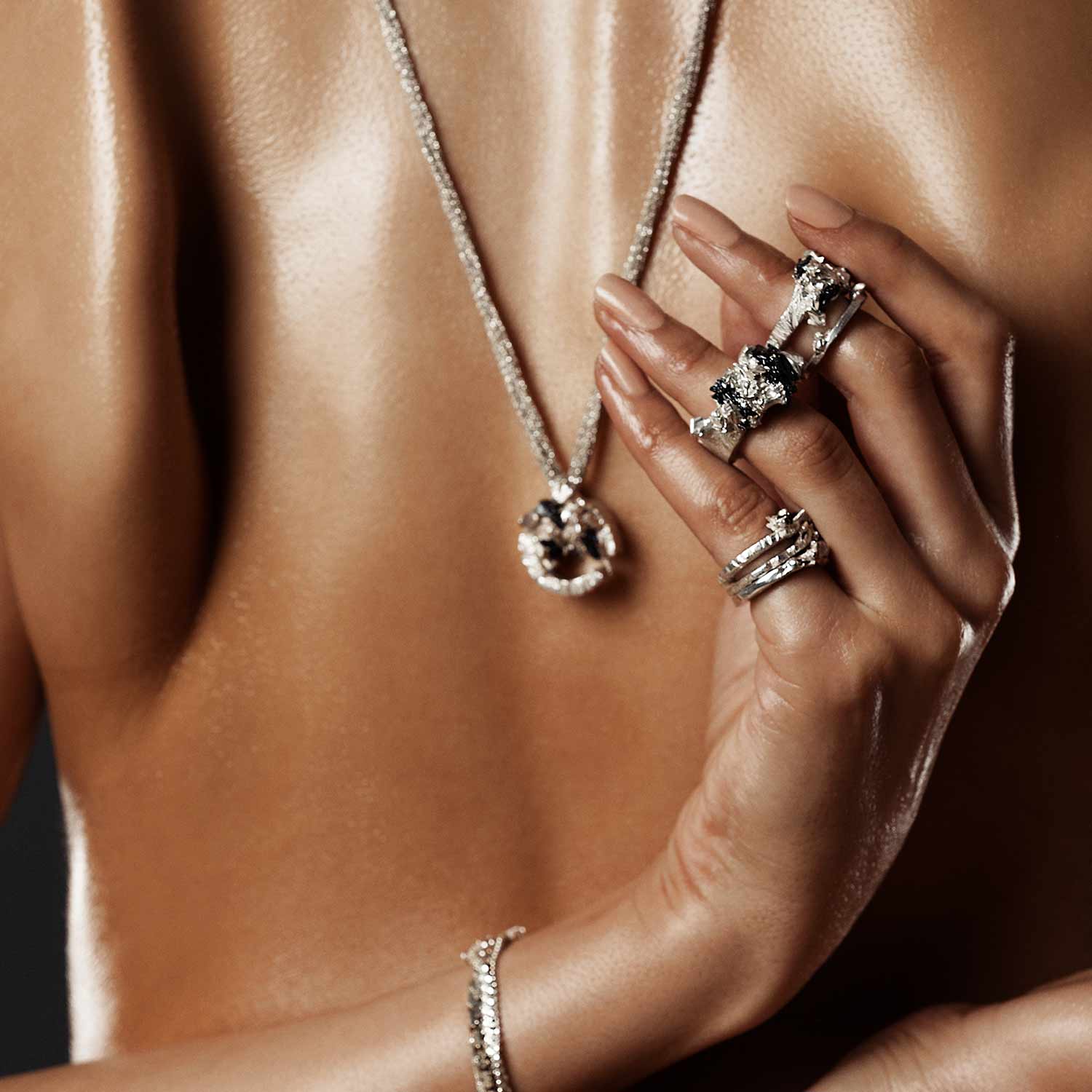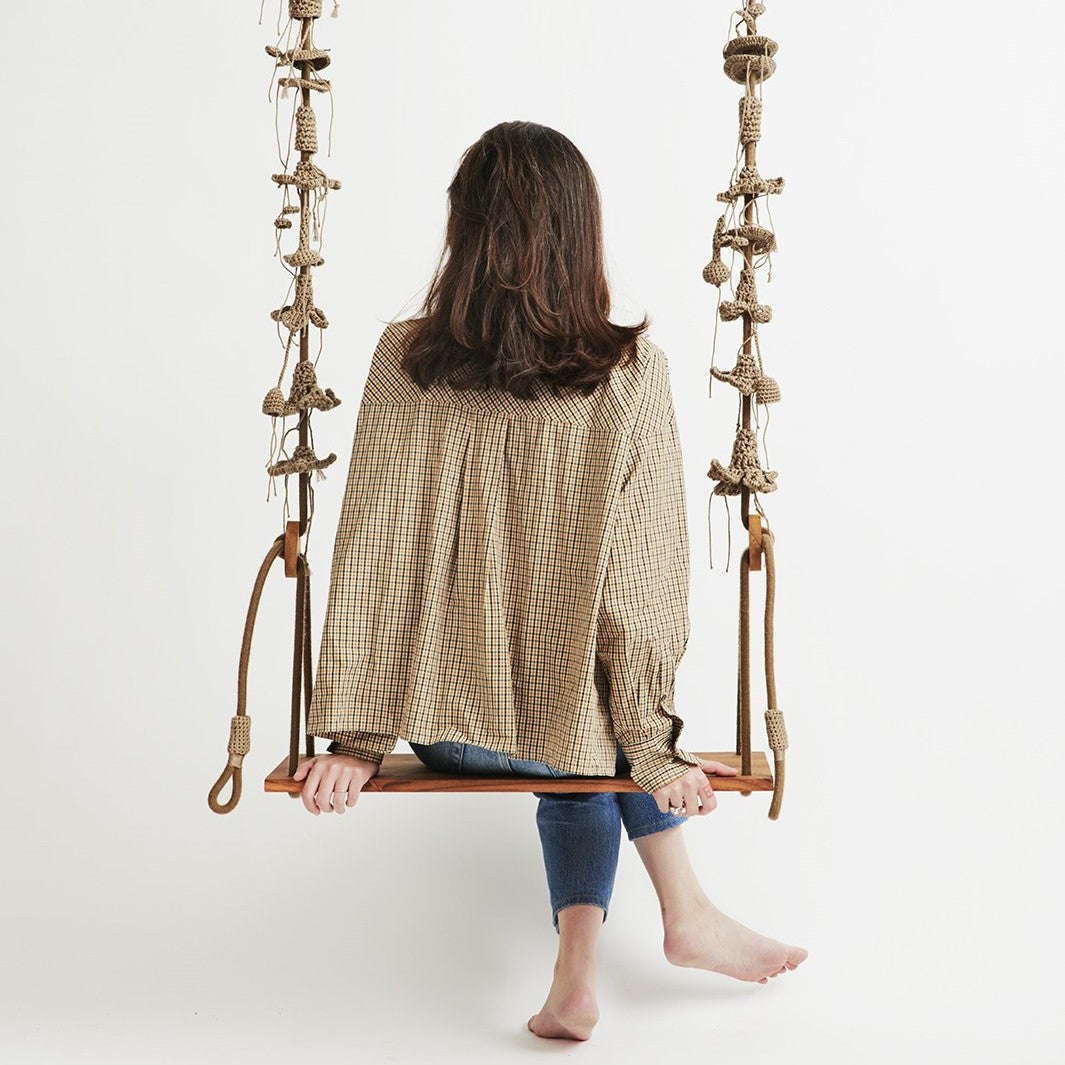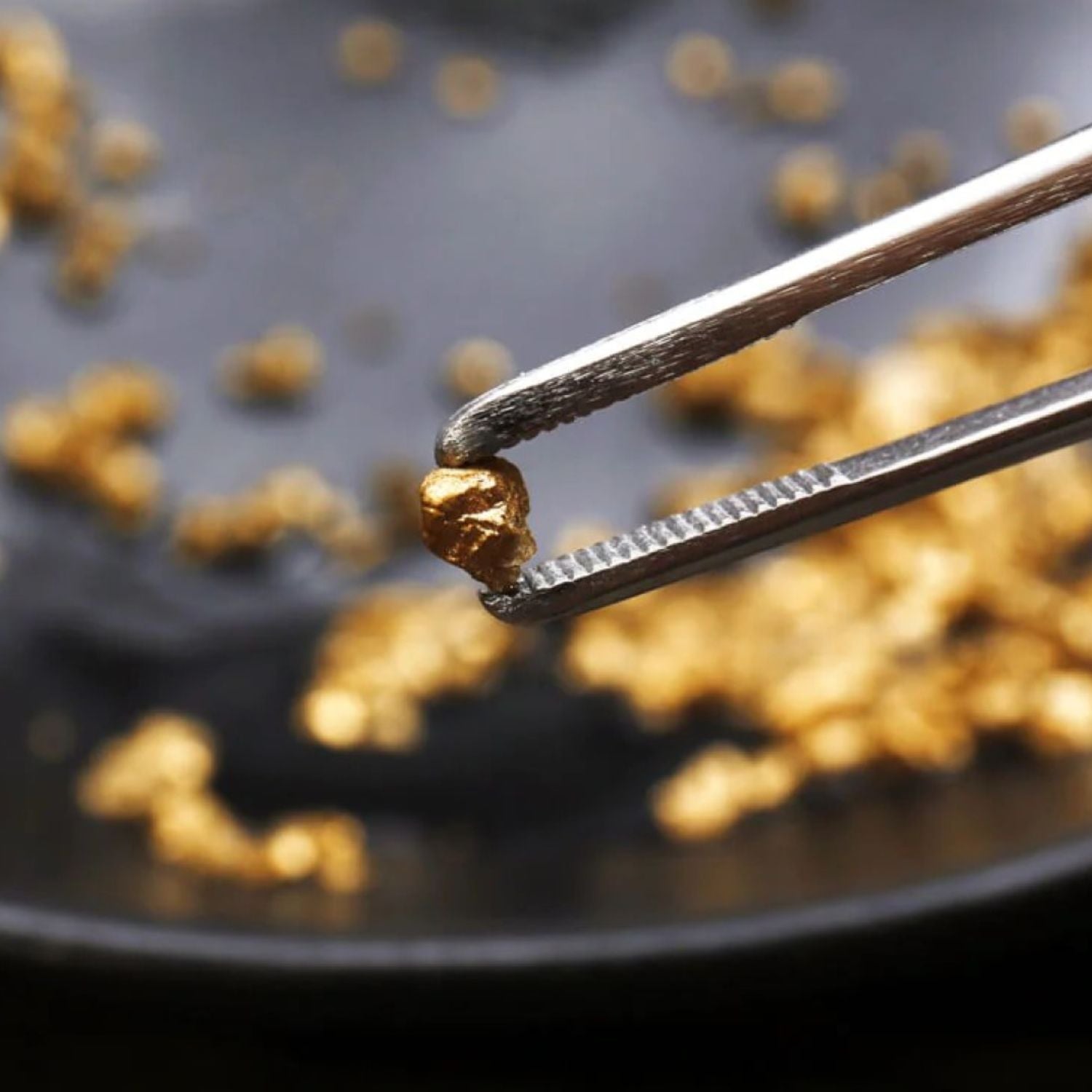Ethical Jewellery Terms
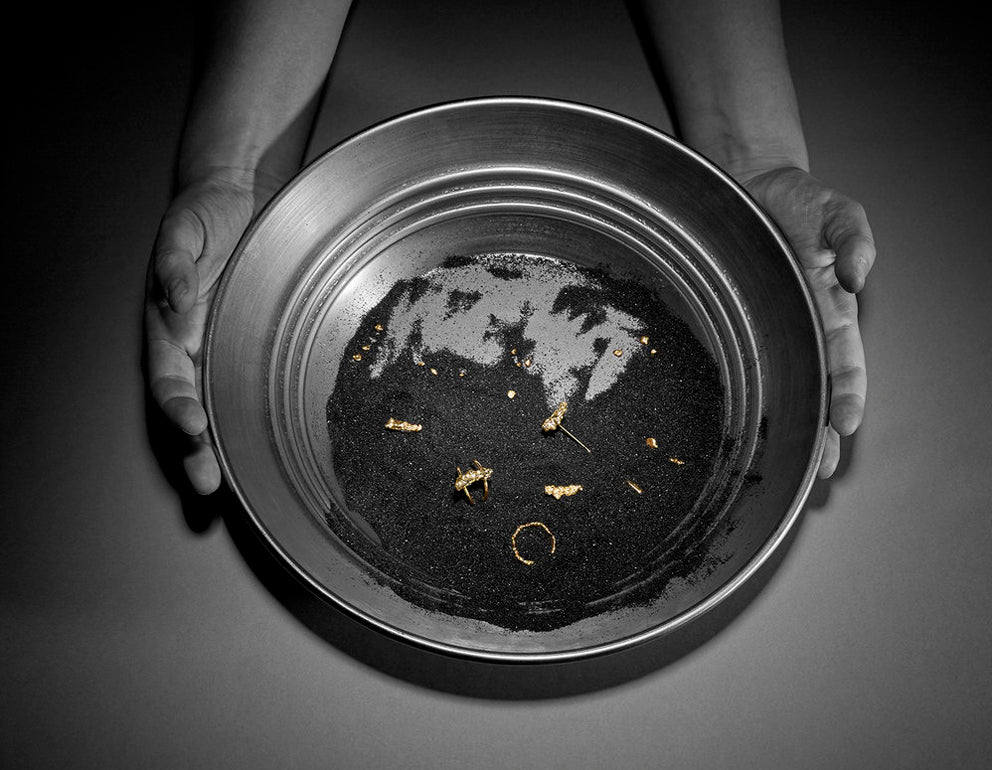
Fair Trade
Fair trade certified gold is the world's first ethical certification system for gold. Buying Fair Trade gold means that small-scale and artisanal miners were paid a fair price. Pay that offers financial stability and improves the livelihoods of local communities. Safe, decent working conditions, employment opportunities, education, and gender quality’ also constitute the term Fair Trade. Fair Trade jewellery brands prioritise the needs and rights of their artisans in order to create collections that empower the craft-maker.
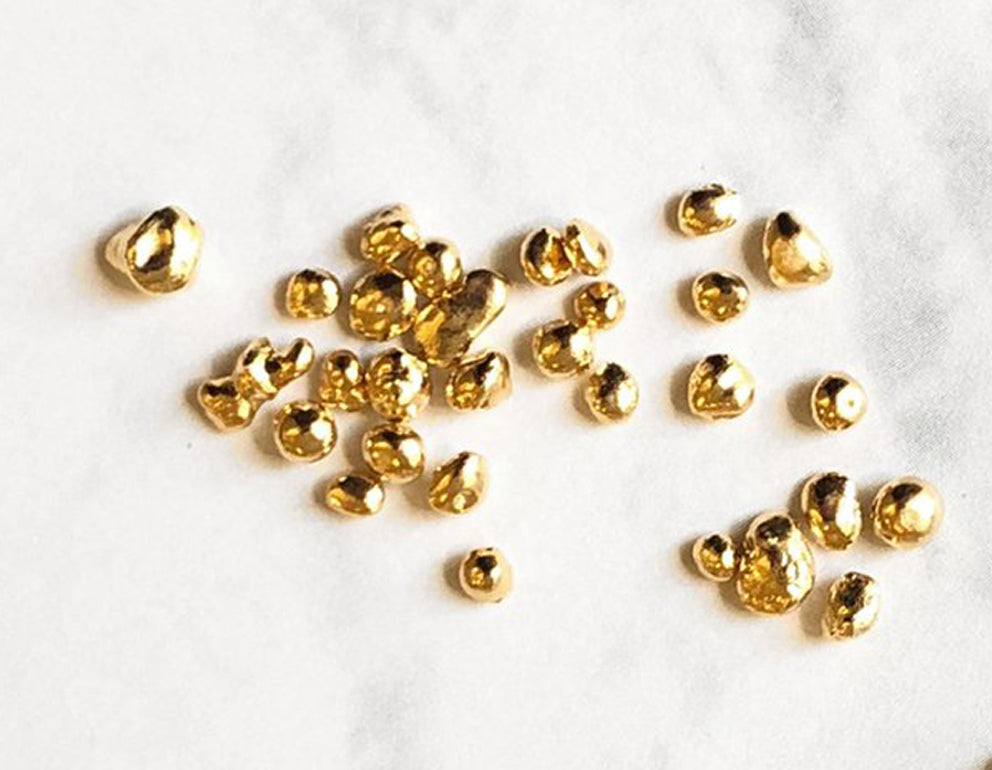
Fair Mined
Mining of gold and silver is often undertaken by small scale miners, made up of men, women and children, who regularly endure extremely harsh, often toxic environments in order to earn a living. Fair mined jewellery ensures that gold has been sourced from responsibly managed mines and organisations that meet world leading standards in protecting local communities and habitats: including the safe and reduced handling of chemicals or chemical free extraction, positive environmental impact, workers’ rights and no child labour.
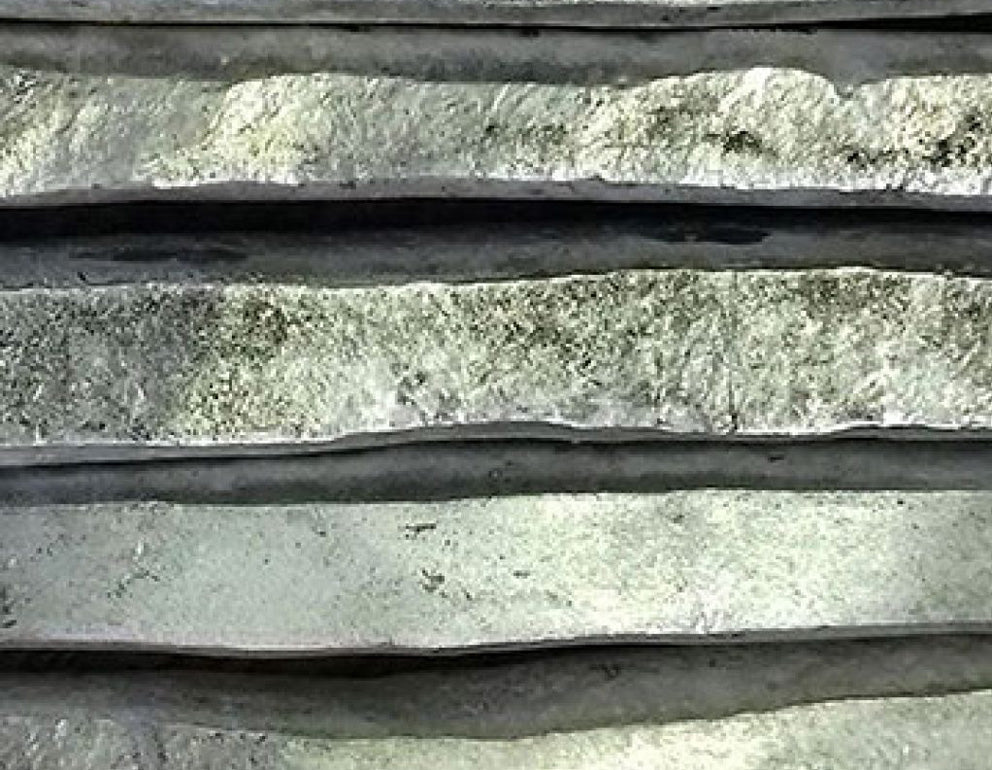
Recycled & Upcycled Materials
Recycled gold and silver is made from production waste and pre-owned jewellery, melted down until it reaches its purest form before remoulding it into a new design. Re-purposing existing materials in jewellery making protects the environment from the devastating impacts of mining by reducing the need for extraction thus preserving limited natural resources. Upcycling similarly involves giving new life to an object and positively reducing the impact of waste and pollution on the planet.
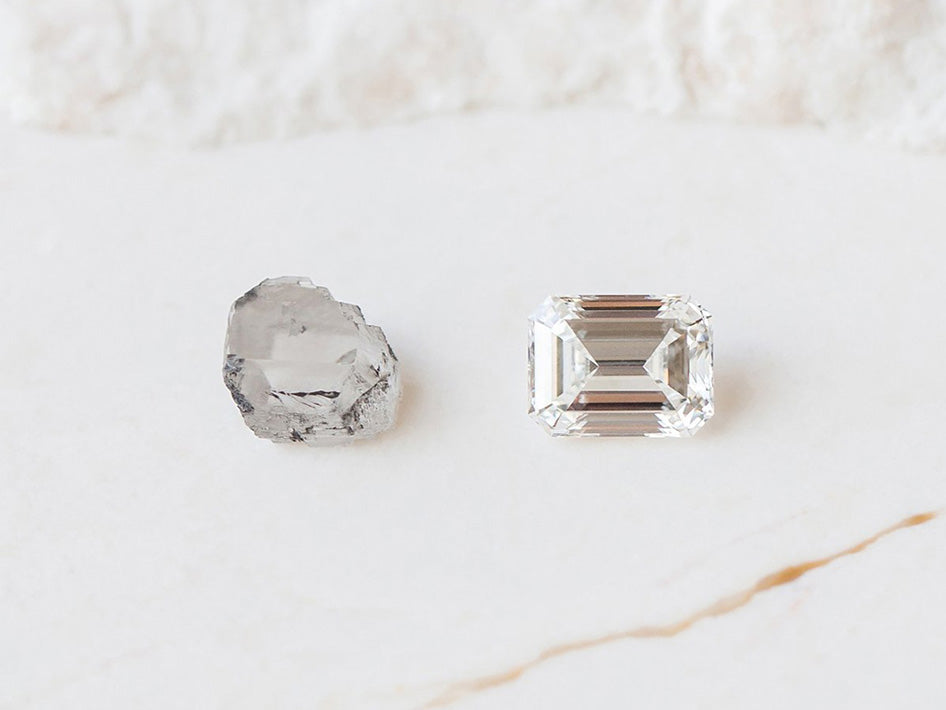
Lab Grown Diamonds
Lab Grown Diamonds, also referred to as synthetic diamonds are created in a laboratory setting using cutting-edge technology that replicates the growing process of a natural mined diamond. They are just as real as ‘real’ diamonds. The only difference is in the way they were formed. Lab grown diamonds take only weeks to grow in controlled laboratory environments whereas natural mined diamonds, geologists believe, were formed between 1 – 3 billion years ago, roughly 100 miles under the Earth’s surface.
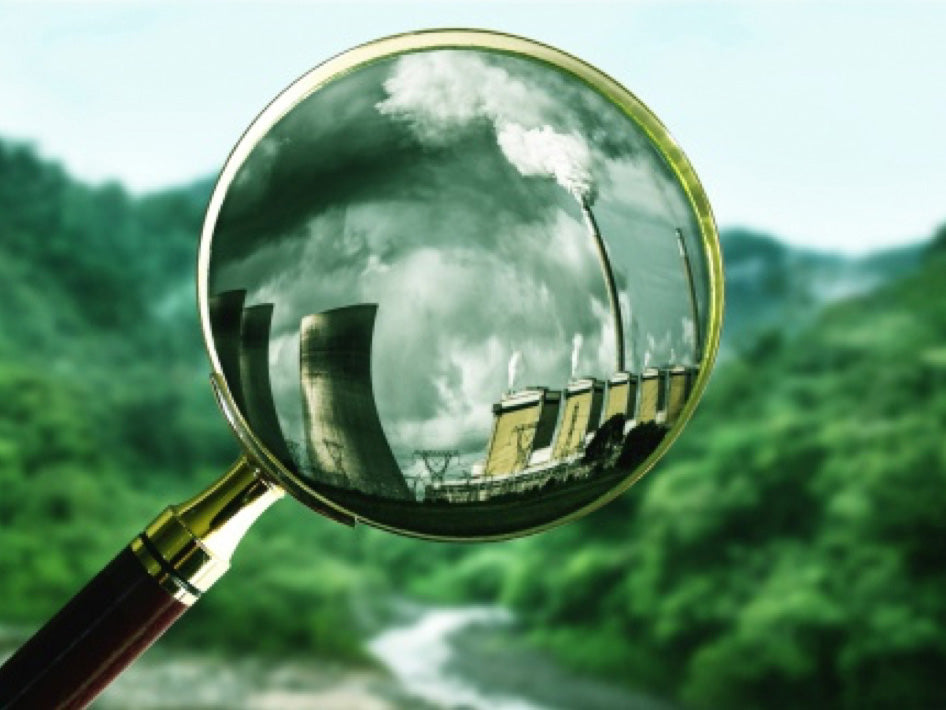
Supply Chain Transparency
Holding a finished item of jewellery in our hands is only part of the story when it comes to conscious and sustainable living. Knowing the origin and journey of that item from worker to wearer is vital; Supply Chain Transparency maps this journey that brands need to communicate in order to ensure all environmental and social responsibilities have been adhered to. Brands need to be held accountable for their own supply chains in order to guarantee complete transparency.
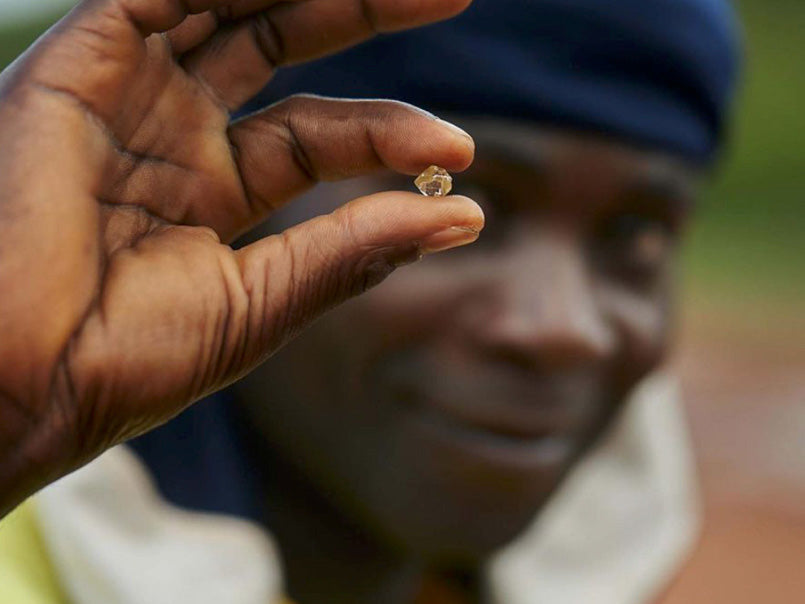
Conflict Free Diamonds
Conflict-free refers to diamonds that have not financed civil wars started by rebel groups working to overturn governments. Although important to recognise, the term ‘conflict-free’ unfortunately doesn’t take into account the environmental and social conditions surrounding diamond mining. It’s therefore necessary to source both Conflict -Free and Ethical Diamonds when buying jewellery. Ethical diamonds ensure that fair pay, safe working conditions, environmentally sound practices and no human rights abuses have all been adhered to.
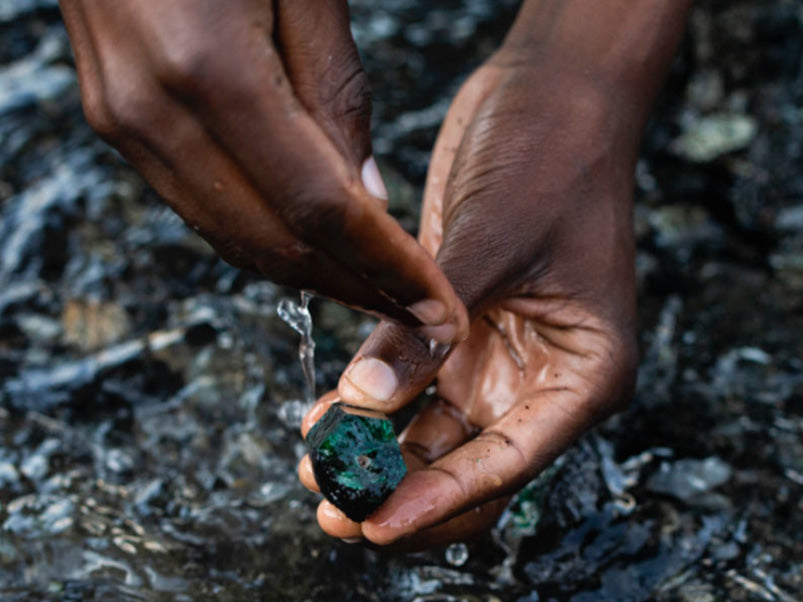
Responsibly Sourced Gemstones
Like Conflict-Free and Ethical Diamonds, the importance of knowing where and how gemstones are sourced is the difference between ‘corrupt’ and ‘conscious’ jewellery. Gemstones that are sourced from unregulated markets come with high levels of warning concerning their environmental and social implications; on the other hand, jewellers who buy responsibly sourced gemstones will be following best practices that enable them to trace their full supply chain and be confident that their pieces are corruption free.
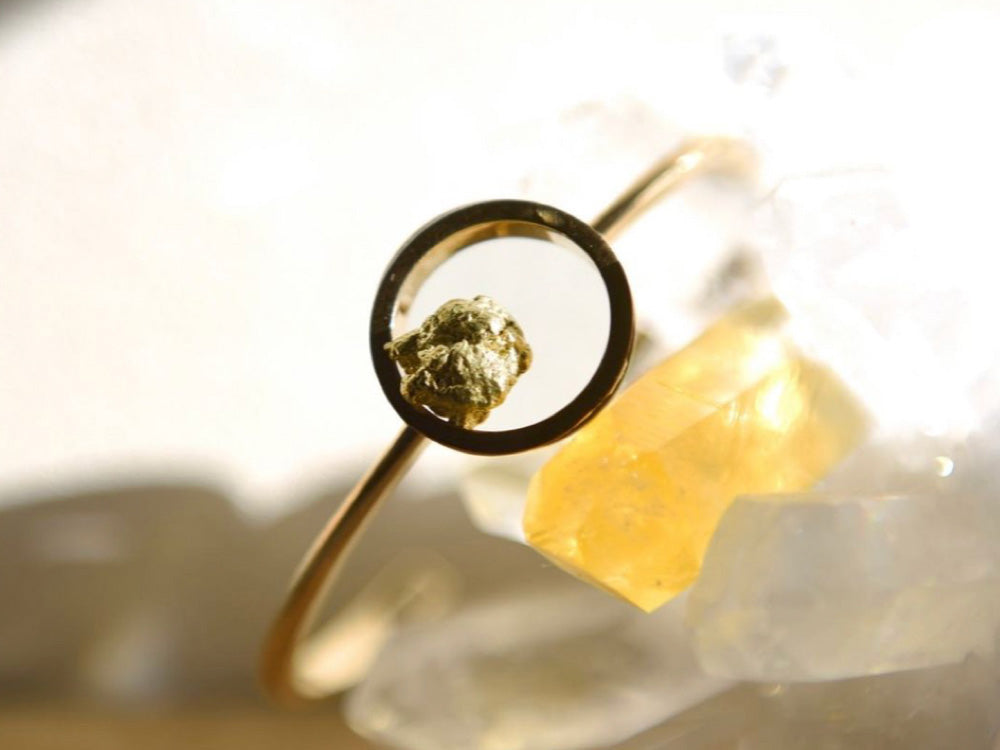
Responsible Jewellery
Working to protect both the planet and its people is paramount in the fight to clean up the jewellery industry, therefore Responsible Jewellery is a term used to describe jewellery that has been created with a commitment to promoting responsible social and environmental practices in a transparent and accountable manner. Responsible jewellery ensures that best practice and care for people and the planet have been adhered to in the materials’ sourcing and the making of the jewellery pieces.
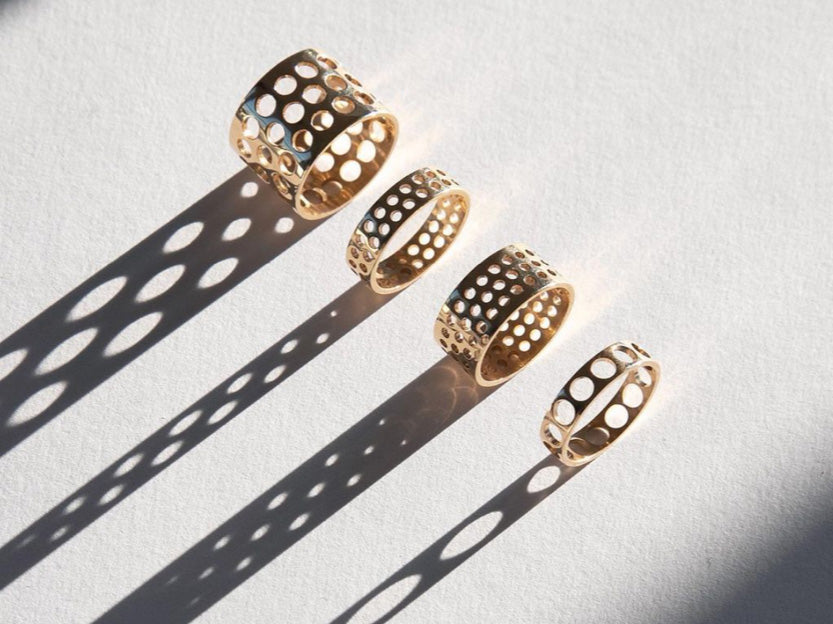
Ethical Jewellery
Ethical jewellery is fundamentally about the people who make it. Traceability and transparency of the entire supply chain is paramount to establish good labour practices, fair pay, monitor working conditions, health & well-being. Ethical jewellery designers need to know how many and who’s hands their material passed through, where and how their pieces are made. With people, landscapes and wildlife all impacted by the manufacturing and production of jewellery, every item should be traceable and transparent from mine to market.
